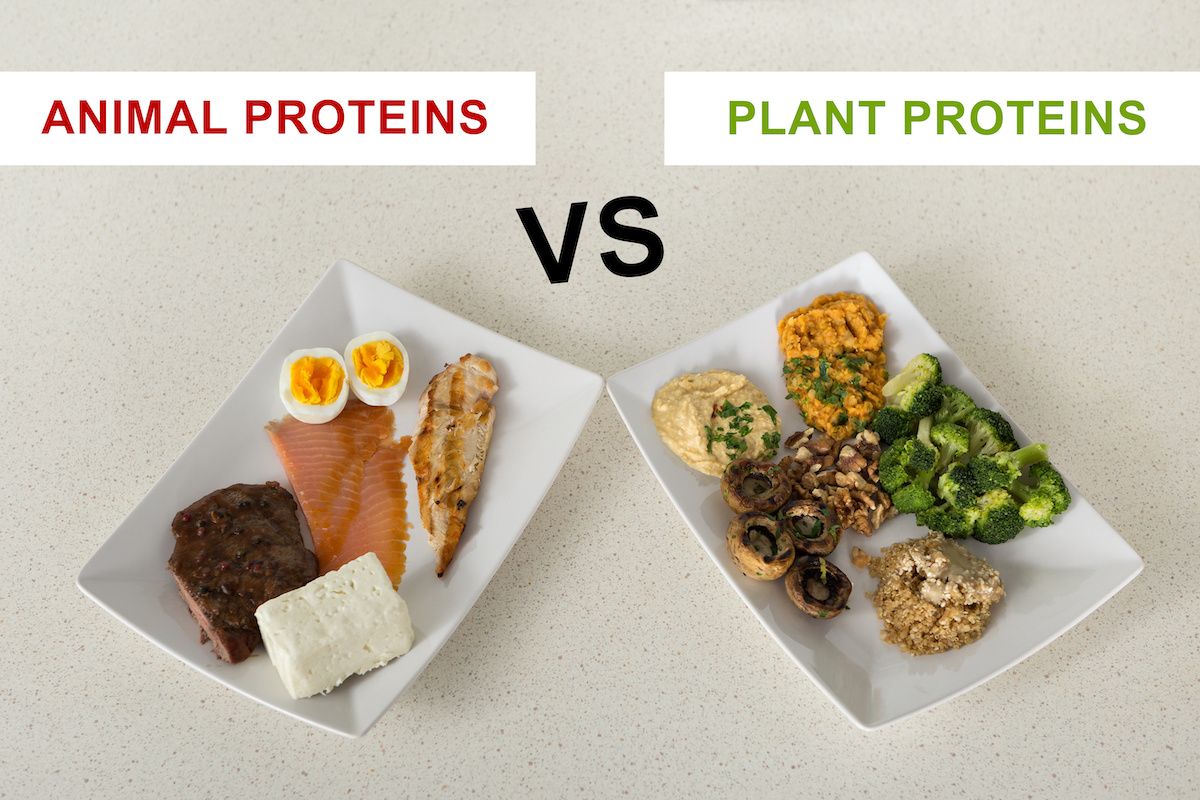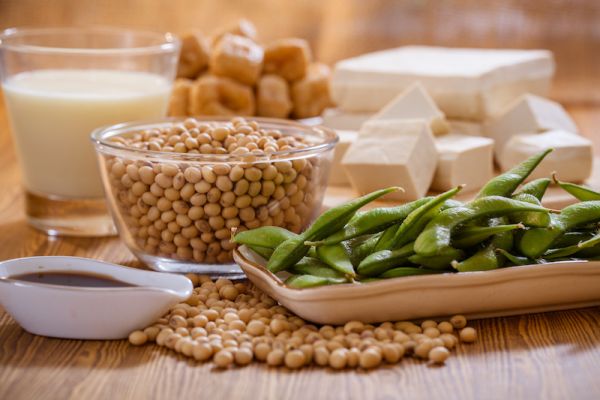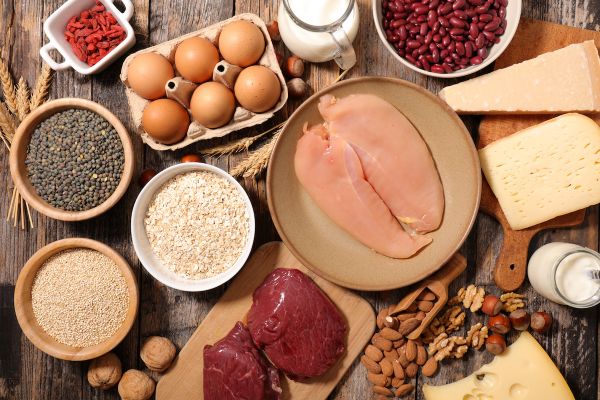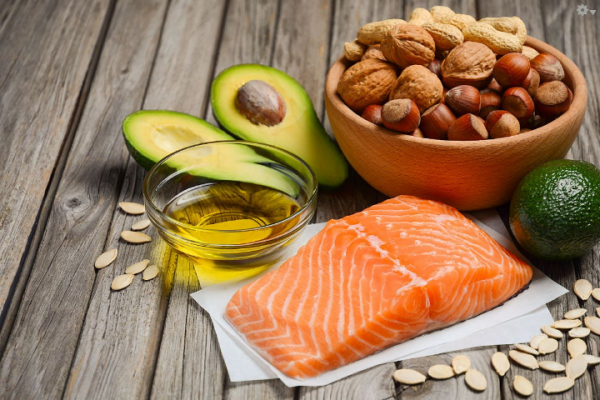Protein is an essential nutrient we get from food that our bodies need for growth, maintenance and repair of muscles and other body tissues. It is also important for cancer patients for maintaining muscle mass during treatment as well as recovery and healing from surgeries and other treatments. You can get protein from both plant and animal foods, but is one better for you?
Foods that contain protein
Animal sources
- fish
- poultry
- eggs
- meat (beef, lamb, pork)
- dairy (milk, yogurt, cheese)
Plant sources
- beans
- peas
- lentils
- nuts, seeds
- soy and some grains (quinoa)
Amino acids are the building blocks of protein
Protein is made up of building blocks called amino acids. There are 20 different amino acids that our bodies need to function, and nine of those amino acids are essential for humans to get through food. Animal sources of protein have all nine of these essential amino acids present in a ratio that is beneficial for the body. These are sometimes called “complete” protein sources.
While there are plant-based sources of complete protein (such as quinoa and soy), many plant-based protein sources lack enough of one or more of the essential amino acids to be considered a complete protein. It is possible to meet your essential amino acid needs through plant sources alone, as long as you are getting a variety of protein sources throughout the day. If you are vegetarian or vegan and are unsure if you are meeting your protein needs, work with a registered dietitian for individual guidance.
Looking for more nutrition information?
Get more healthy eating tips from Roswell Park's Nutrition Department.
Learn MoreOther important nutrients
Some animal sources of protein provide important nutrients such as iron and vitamin B12, which are not as abundant in plant sources of protein. However, animal sources of protein typically also are higher in saturated fat, a type of fat that you should be limited for cardiovascular health. (Learn more about the different types of fat.) On the other hand, plant foods that provide protein often provide fiber and phytochemicals, too, which are beneficial and are not found in foods that come from animals.
The bottom line
Overall, the American Institute for Cancer Research recommends a largely plant-based diet rich in fruits and vegetables, whole grains, nuts, seeds, beans and legumes and with limited red and processed meat. Protein is an important nutrient in the diet for everyone and within a healthy balanced diet you can meet your protein needs with only plant sources of protein or a combination of plant and animal sources (while sticking mainly with lean meat options and aiming to avoid processed meats).
Ultimately, choices between consuming plant or animal proteins will depend on many factors including health, cost, personal values, individual needs, food intolerances, preferences and much more. If you have questions about your specific protein needs, be sure to connect with a registered dietitian for personalized recommendations. For more info on ways to incorporate protein into your meals as well as protein supplements, check out our article “Protein-Rich Foods Promote Cancer Recovery”



